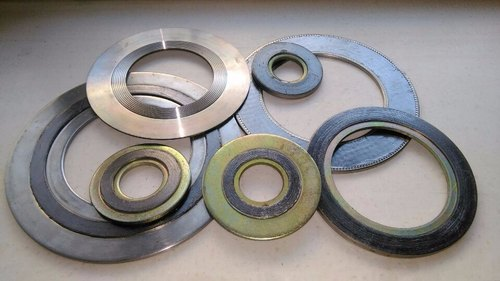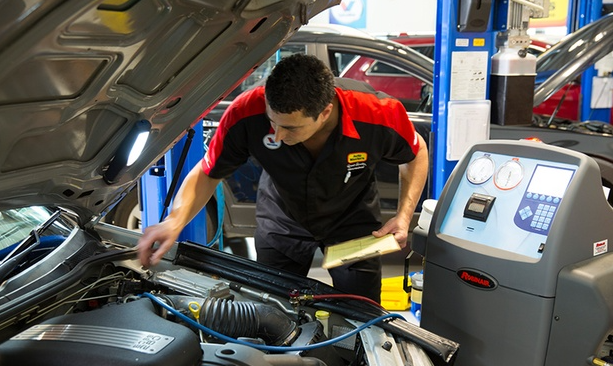Get Familiar With The Types of Gaskets for Oil and Gas

Gaskets form mechanical seals that help in filling up the space between two or more mating surfaces. The main goal of gaskets is to prevent leakage from or into the joined objects when they are under compression. These gaskets can even cover the irregularities while also increasing the sealing ability of the material. This is especially useful in high-pressure applications and cyclic flanges.
There are different types of gaskets available out there that are used by different industries. When it comes to oil and gas industries, any leaks can affect the operations of the industry. That is why they need gaskets for safer and more secure operations. To help you out, here is a list of some of the types of gaskets. So, let’s get started.
Envelope gasket
Envelope gaskets, also known as double jacketed gaskets, are maximized for oil and gas applications. These gaskets can also have an envelope of polytetrafluoroethylene (PTFE). Envelope gaskets are mainly used as flange gaskets for applications requiring high-chemical and high-pressure resistance. However, these gaskets do not come with a reasonable amount of compression or recovery. They also tend to not hold up to radial shear during high-temperature fluctuations.
Spiral wound gasket
Suppose you are looking for a gasket that is great for all pressure ratings of pipe flanges. Flexitallic Spiral wound gaskets are a great choice for heat exchangers, thanks to the sealing ability tolerances. This makes spiral wound gaskets an excellent choice for high-pressure and high-temperature applications. Not only this but these gaskets are also known for having more compressibility and recovery. While stainless steel is usually used to make the inner ring of this gasket, carbon steel is used to make the outer ring.
Flat metal gasket
Flat metal gaskets are usually made using a stainless steel core without any inclusion of filler material. These gaskets are available in a variety of sizes and shapes. They are used in low-criticality, low recovery, and low compressibility. They do not have high compressive strength or recovery; hence they are not recommended for high-temperature and pressure applications.
So, here you go; these are some of the top gaskets that are used in different applications for oil and gas. You can buy any of these gaskets according to your needs.




